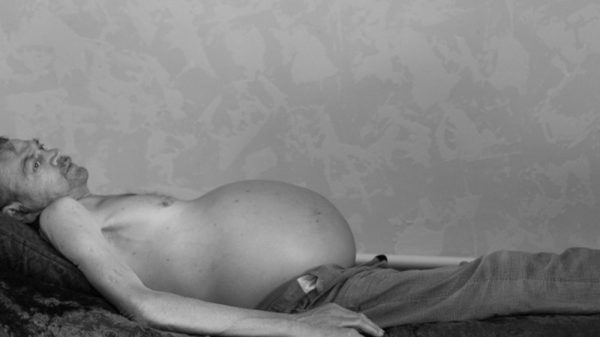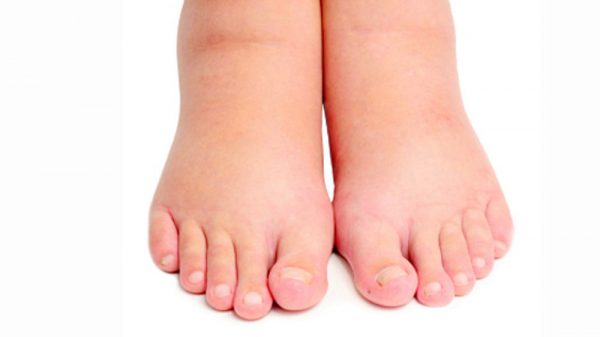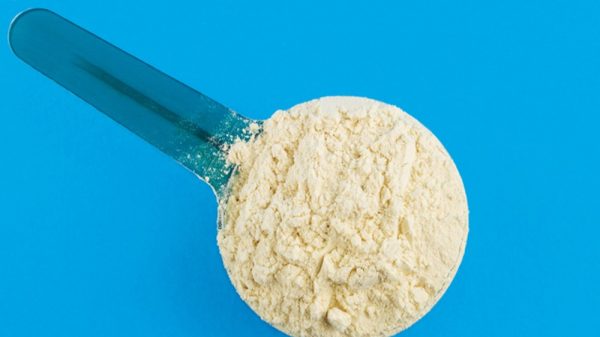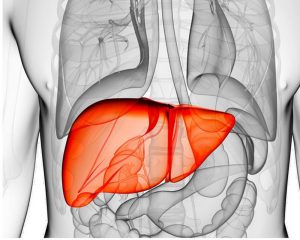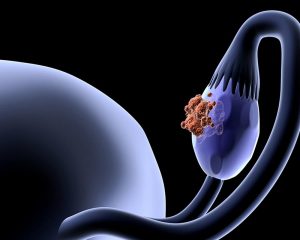Have you been diagnosed with skin cirrhosis or “psoriasis”? Unlike regular dry skin, this condition can’t be treated effectively with over-the-counter moisturizers. Dry skin is quite common and can be caused by various factors like dehydration and dry air. However, it’s a different story when the dry/itchy skin is long-lasting and can’t be treated with regular treatments for flaky skin. It can also affect different any body parts like skin, scalp, and nails, and range from mild to severe.
Health Trivia: Up to 3% of the world’s population has psoriasis. This is a serious skin disorder that causes very itchy/flaky skin.
It’s important to know the symptoms, causes, and treatments for psoriasis. They include treatments like steroid creams, prescription-strength moisturizers, and retinoid creams. However, it also depends on whether your condition is mild, moderate, or severe. On one hand, certain treatments like OTC moisturizers and Vitamin D foods won’t work like regular dry skin. However, you can still pick treatments that will work for cirrhosis of the skin. It all starts with a proper diagnosis of the condition. Then it’s about getting proper treatments based on how serious your psoriasis is. This can help to control the skin condition’s symptoms as effectively as possible.
What in the World Is Skin Cirrhosis?
The various skin condition “psoriasis” is sometimes known by this name. It results from very itchy/flaky skin that’s long-term and can’t be treated effectively with over-the-counter (OTC) skin moisturizers. The condition can affect different body parts like the skin, scalp, and finger/toenails.
The seriousness of the condition can also range from mild to severe. Many experts believe that psoriasis is a genetic disorder. However, it’s possible physical injury, stress, and other environmental factors could trigger flare-ups.
People who experience this condition are often self-conscious about skin issues on their body parts like face and hands. The condition can’t be passed on to other people. However, it can be easily seen and also uncomfortable.
There usually is no way to cure this condition completely. However, there are different treatments to help reduce how serious the symptoms are.
When people have this disease the main symptoms are itchy skin and discomfort. It often starts with a few rashes that look like dry skin. However, if the condition gets worse the small patches can expand and become red.
Within time the skin’s surface the skin dries out and rough scales form to make blisters. Sometimes the scales flake off naturally or from skin-scratching. Skin cirrhosis can cover big areas of skin and also move to different body parts.
Health experts usually classify psoriasis into 5 different types. They each have different symptoms and severities. Some of the different symptoms include:
The different types of cirrhosis of the skin produce a wide range of skin problems. They include the body’s largest organ showing symptoms like:
- Red/irritated skin
- Dry/flaky skin
- Fluid-filled growths
The symptoms’ location can also vary based on the type of skin-based cirrhosis you experience. It’s important to a check-up and tests run if you think you have any of these types of psoriasis. Your doctor can help provide a diagnosis.
Skin Cirrhosis: Causes
Health experts aren’t sure what really causes this condition. However, it’s believed it’s a mix of different factors. They include:
- Immune system problems
- Fast-forming skin cells
- Inflammation
One of the main results of this skin condition is new cells form in 3-4 days instead of 10-20 days. Since new skin cells grow faster this results in new cells replacing old cells at a faster rate. The result is flaky scales.
In many cases, psoriasis runs in peoples’ families. However, sometimes it actually skips generations. This can result in a grandparent and grandson getting the condition. However, the mother of the child might not get cirrhosis of the skin.
There are various factors that can trigger psoriasis outbreaks including:
- Cuts and scrapes
- Surgery
- Strep throat
- Medications (blood pressure)
- Emotional stress
There are different ways to diagnose this condition. A doctor can often easily diagnose psoriasis and especially if there are flakes on body parts like ears, knees, elbows, and scalp.
Sometimes the doctor might order a biopsy. This involves removing a tiny bit of skin. It’s then tested to check if you’ve developed a skin infection. This is the main method that’s used to test whether or not a person has psoriasis.
It’s worth noting that this condition is different from regular dry/flaky skin. That’s why. If treatments like OTC moisturizers and Vitamin D foods don’t help then they’re often signs that you have cirrhosis of the liver. However, it’s better to get it to learn the chance you have the serious skin condition.
Like other conditions early diagnosis is important. This can help to make sure you get needed treatments and prevent the condition from worsening. It’s believed that skin cirrhosis is probably genetic. There’s usually no cure for this condition. However, you can take steps to help manage it effectively.
Skin Cirrhosis: Treatments
1. UV Light Therapy
Sometimes this is a helpful treatment that can improve your condition. It’s also known as “phototherapy.” It seems to be especially helpful for people who live in dark/cold environments. It’s also good for those who don’t spend much time outdoors for exposure to natural sunlight.
2. Salt Baths
This is a holistic (whole-body) method for treating the condition. It can actually provide various health benefits besides treating psoriasis. You can add other ingredients like mineral/olive oil and others. They’ll help to reduce itching/irritation, which is some of the main symptoms of the condition.
When picking salts you should consider Dead Sea salts. Studies show that they seem to be very effective in treating skin cirrhosis. The reason is the Middle Eastern sea contains tons of minerals and has a much higher salt content versus the ocean.
3. Creams/Ointments
These are some of the main treatments for psoriasis. As noted OTC products usually don’t work. So it’s best to go with medicated-strength products. Your doctor can help prescribe the best ones for your particular situation. The goal is to minimize the risk of the symptoms becoming worse.
4. Oral Medications
Sometimes a skin doctor will prescribe them in order to treat the condition. However, the main drawback is these medicines can often cause unwanted side-effects. Usually, they’re only suggested for extreme cases in which the symptoms are very serious.
5. Aloe Vera
This is one of the most popular plants for skincare. The gel might help to reduce symptoms like redness, itchiness, inflammation, and sales. There have been mixed results in studies to test this natural remedy.
6. Reduce triggers
This is considered one of the best ways to manage cirrhosis of the liver. There are various options including medications/treatments. It’s believed that reducing triggers can help by preventing flare-ups. It’s one of the most important steps to take when dealing with skin cirrhosis.


